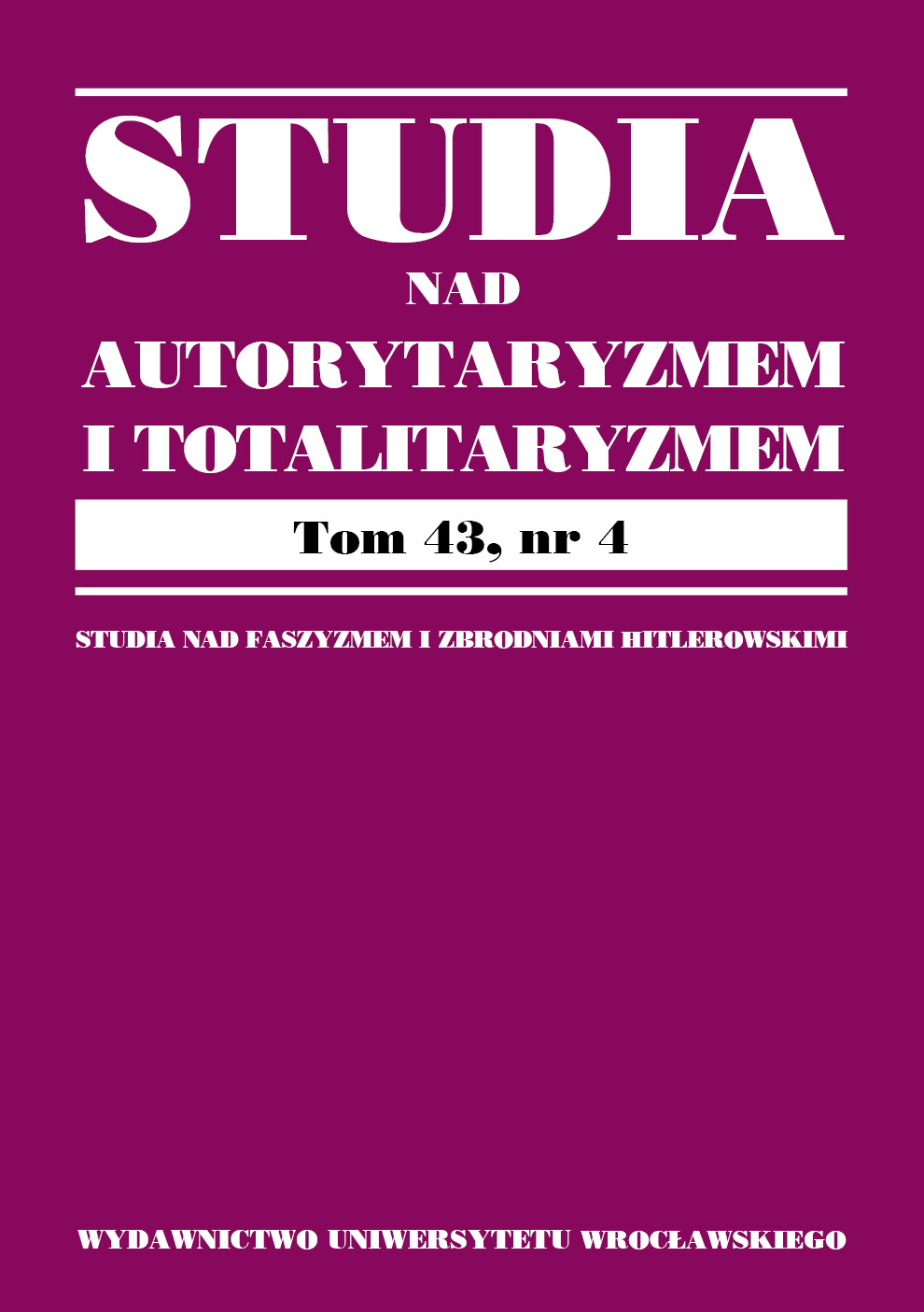

Artykuły

The purpose of this paper was to analyze how the regulation of legal personality by positive law affected the rights and freedoms of individuals in the period of the Polish People’s Republic. The possession of legal personality leads to the empowerment of an organization and facilitates it by pooling resources to achieve a certain goal. Having legal personality also gives an entity a certain autonomy vis-à-vis other entities, including its members and the state. The analysis has shown that in the period of the Polish People’s Republic, positive law was deliberately used to limit the possibility of creating entities with their own legal personality. The formal concept of a legal person was used instrumentally as a tool to impede the possibility of building an organization outside state control. It also led to a structurally incorrect and practically questionable recognition of the judicial capacity of entities that did not have legal personality. In addition, using the concept of an economic unit in the area of economy, a functional criterion was adopted to determine the participants of economic turnover, which also broke with the traditionally adopted in this respect approach based on legal personality. This led some of the representatives of civil law doctrine at that time to consider the institution of legal personality as useless, which testified to the fact that the legal environment and the applied mechanisms typical of an authoritarian state suppressed any autonomy and independence of interest underlying a separate legal personality.